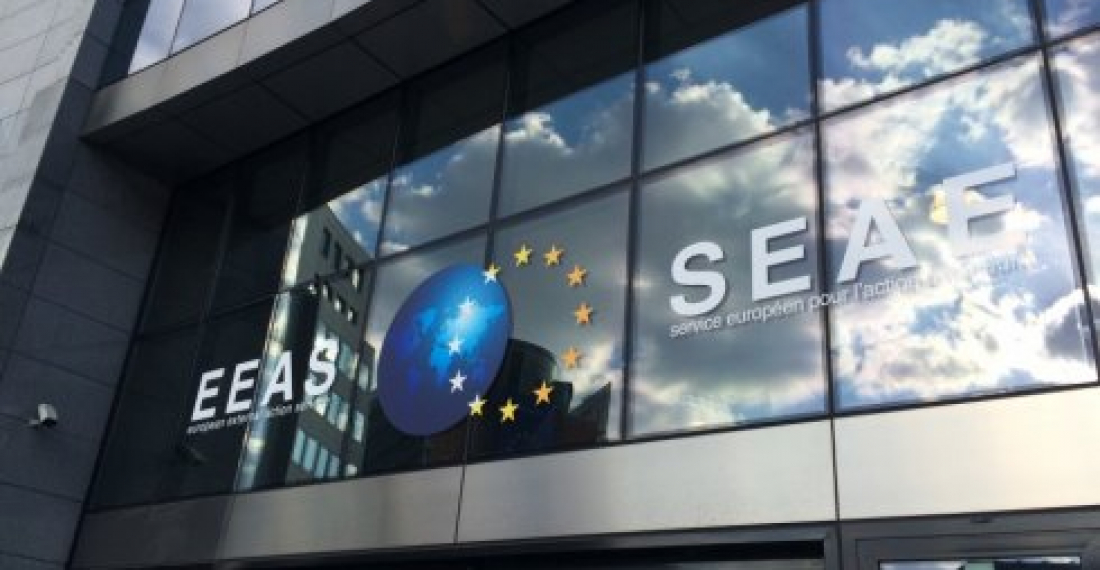The European Union has added its voice to concerns about the deteriorating security situation in the Nagoirno-Karabakh conflict, that has already resulted in further fatalities.
A statement by the Spokesperson of the European External Action Service, issued on Thursday afternoon (22 June) in Brussels said that the recent violations of the ceasefire are a stark reminder that the status quo is unsustainable, and reminded that the Presidents of Armenia and Azerbaijan have repeatedly committed to the ceasefire and the peaceful settlement of this conflict. The statement added,
The European Union expects de-escalation and restraint in deeds as well as in words. The European Union fully supports the efforts of the Minsk Group Co-Chairs and joins their appeal of 19 June for immediate consideration of measures to reduce tensions in the conflict zone and at the international border between Armenia and Azerbaijan, as well as re-engagement of the parties in negotiations on substance, in good faith and with the necessary political will.
Over the last few days both sides reported casualties in numerous ceasefire violations, amid concerns large scale violence may erupt once more.
source: commonspace.eu






